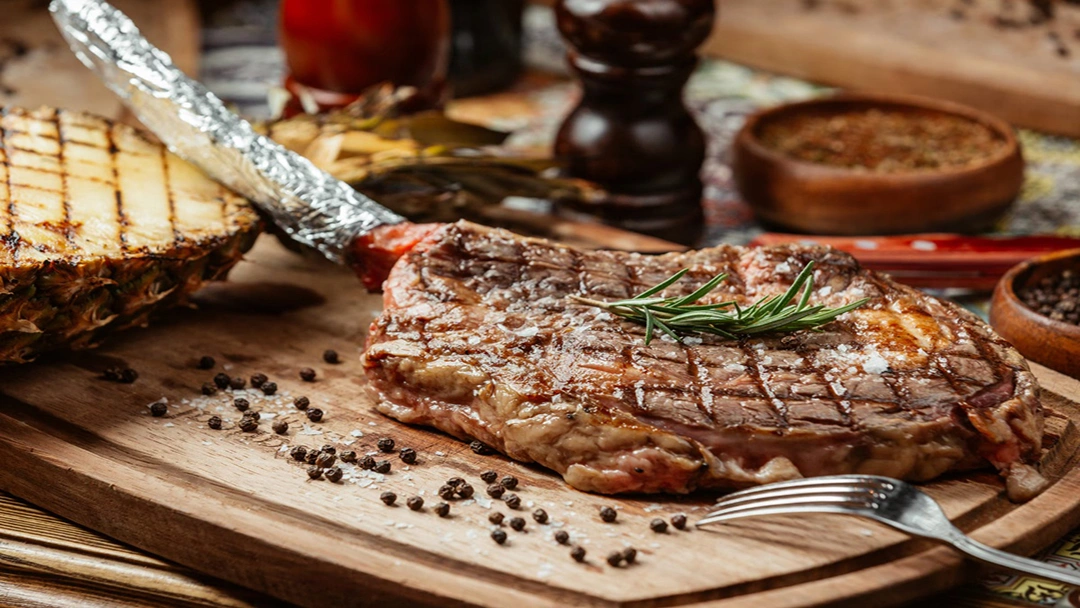Why Does Diarrhea Happen on The Carnivore Diet?
Carnivore dieters may face diarrhea for various reasons, including the following.
- Lack of Fiber: The Carnivore diet is low-fiber in nature and can cause constipation or diarrhea in dieters not used to processing this diet. See Carnivore Diet Constipation [5 Ways to Fix it] for more information.
- Body Adjusting: In the early days of going on a high-fat, high-protein diet like Carnivore, dieters may experience diarrhea as the body tries to adjust to the new diet.
- Food Intolerance and Allergy: Some dieters may be intolerant or allergic to animal-based products allowed on the carnivore diet. For example, lactose intolerance can lead to digestive issues like diarrhea.
- Gastrointestinal Infection: Some dieters may even face gastrointestinal infections resulting from contaminated meat or animal products.
Although there are reasons behind experiencing diarrhea on the Carnivore diet, is it normal to experience it? Does everybody get it? The following section will tell us.
Learn more: Does The Carnivore Diet Cure Psoriasis? [5 Foods to Eat]
Is It Normal to Have Diarrhea on The Carnivore Diet?
As mentioned above, some conditions can cause diarrhea on the Carnivore diet, but we can’t say experiencing diarrhea is part of the diet and "normal", but it is not uncommon.
[cta-meal-plan]
Not everybody experiences diarrhea on the Carnivore diet, which mainly depends on each individual’s body structure and digestive system sensitivity. Some may face digestive issues like diarrhea upon switching to the Carnivore diet because it is a considerable change from their earlier eating habits.
Also, going on the Carnivore diet includes increasing the amount of meat and decreasing or avoiding fibre, which can induce changes in bowel movements, causing diarrhea.
In addition, preexisting medical conditions or sensitivity to certain animal products can lead to digestive issues, including diarrhea. But remember that not necessarily everyone will experience diarrhea on the Carnivore diet.
Now that you are aware of this possibility, you may ask when diarrhea can start to occur for Carnivore dieters. The following part will elaborate on it.
Learn More: Free Lion Diet Meal Plan Guide Plus 30 Day Plan
When Does Diarrhea Start on The Carnivore Diet?
Different dieters may experience diarrhea at different times during their Carnivore diet. Most dieters face gastrointestinal issues like diarrhea within a few days of starting the carnivore diet.
Yet others may not face any digestive problems ever or until several weeks or even months into the diet.
The occurrence of diarrhea on the Carnivore diet depends on various factors, including the following.
- The individual's previous diet
- The dieters’ general health status, and
- Pre-existing gastrointestinal conditions
It is also related to the dieters’ ability to adapt to the sudden increase in consuming fat and protein and removing fiber from their diet.
Join the Community of the 5MB Carnivores to use expert coaches, workshops, and live private sessions to reach your health and fitness goals.
[cta-gocarnivore-plans]
How Long Does Carnivore Diet Diarrhea Last?
It is recommended to fix it in the early days.
The duration of Carnivore diet diarrhea differs from person to person and depends on many factors, including
- The cause of diarrhea and
- The speed of the dieter's body in adopting the new diet.
In many cases, if a dieter faces Carnivore diet diarrhea, it lasts a few days until their body adjusts to the sudden jump in fat and protein levels and the lack of fiber.
In other cases, diarrhea can continue for some weeks or even months, especially if the dieters have preexisting conditions or severe sensitivity to animal products.
So, the question is how we can treat Carnivore diet diarrhea. The section below will introduce tips to fix this problem.




![Carnivore Diet Diarrhea: Is It Normal or Not? [Fixed]](https://cdn.prod.website-files.com/6323bc871c9ba24b7e474d24/671ba5c3c2bc439c44e02372_Carnivore%20Diet%20Diarrhea%20Is%20It%20Normal%20or%20Not%20%5BFixed%5D.webp)


























